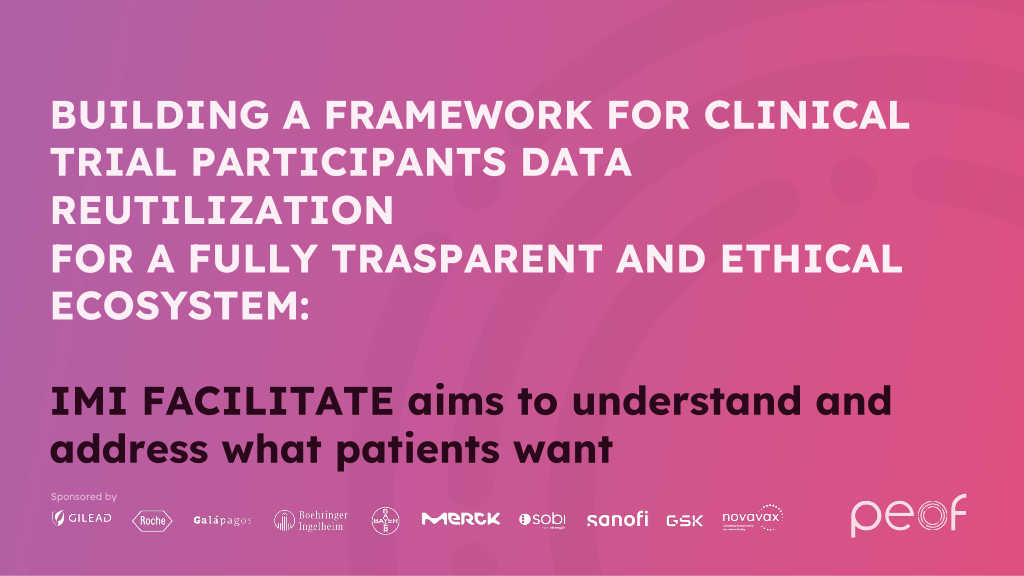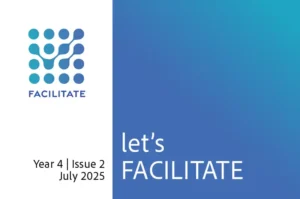For secondary use, trust is the key word
In the last two months, FACILITATE researchers of Workpackage 3 have organized and managed three different consultations with patients and experts about granularity of choice in Secondary Use of Data in the clinical trial context.

The first consultation – entitled Building a framework for clinical trial participants data reutilization for a fully transparent and ethical ecosystem – was held on 31 October at the Patient Engagement Open Forum (PEOF) and involved a group of patients and patients’ representatives from all over.
The second was a consultation with patients and patients’ representatives internal to the project.
The third was a seminar conducted within the Center for Research and Bioethics (CRB) of the University of Uppsala in which the target audience was mainly composed of bioethicists.
In all three cases, the researchers first introduced FACILITATE project overall goal, structure, and state-of-the art, then they presented to target audiences a qualitative tool called “Vignettes”. These vignettes consisted in three different scenarios of fictitious patients’ illness stories and their participation in clinical trials:
- Valentine is a 43-years old woman with lung cancer. She participated in a clinical trial 2 years ago and was asked for consent to be recontacted for secondary use of her data (mainly blood tests, total body pet scans and reports, genetic data). She plans on giving the broadest consent possible, does not want to be recontacted by medical institution if not necessary, does not want to know what her data will be used for nor by which kind of institution.
- Robert is a 65-years old with man Parkinsons’ disease. He participated in several trials in the past and was asked for consent to be recontacted for secondary use of his data (blood tests and genetic data). He consents specifically according to goal of research, type of research, type of research institution, type of data, when and how often to be recontacted.
- Emily is a 24-years old woman, suffering of migraine. She participated in a clinical trial 3 years ago and was asked for consent to be recontacted for secondary use of data (mainly blood tests, MR images and reports, electronic headache diary reports). Overwhelmed with symptoms during trial, she is happy to have the chance to express a new consent for secondary use. She consents to reuse for research that shares similar goals to that she participated in (cure and treatment of serious/chronic conditions), only for public institutions.
At least in the first two patients’ consultations, these three case stories were meant to gather participants’ reactions and considerations to the main conundrums patients could face if asked to consent to the secondary use of their clinical trial data. What choices would they like to be given? What’s missing or redundant in the process? Bioethicists at Uppsala University were mostly invited to discuss the results obtained from the first two consultations with patients and comment on ethical issues surrounding this kind of consent and its applicability in different legal and social contexts.
Based on an initial analysis of participants’ reactions and responses, it is possible to anticipate that the major result researchers got so far is the value of trust in the system as a basic condition for patients’ willingness to consent to their data reuse. Moreover, the fear of data use that would go against patients’ values represents a substantial obstacle to express consent.
Therefore, it follows that the ethical processes that FACILITATE is working toward must also aim for proper diligence towards communication and transparency.



